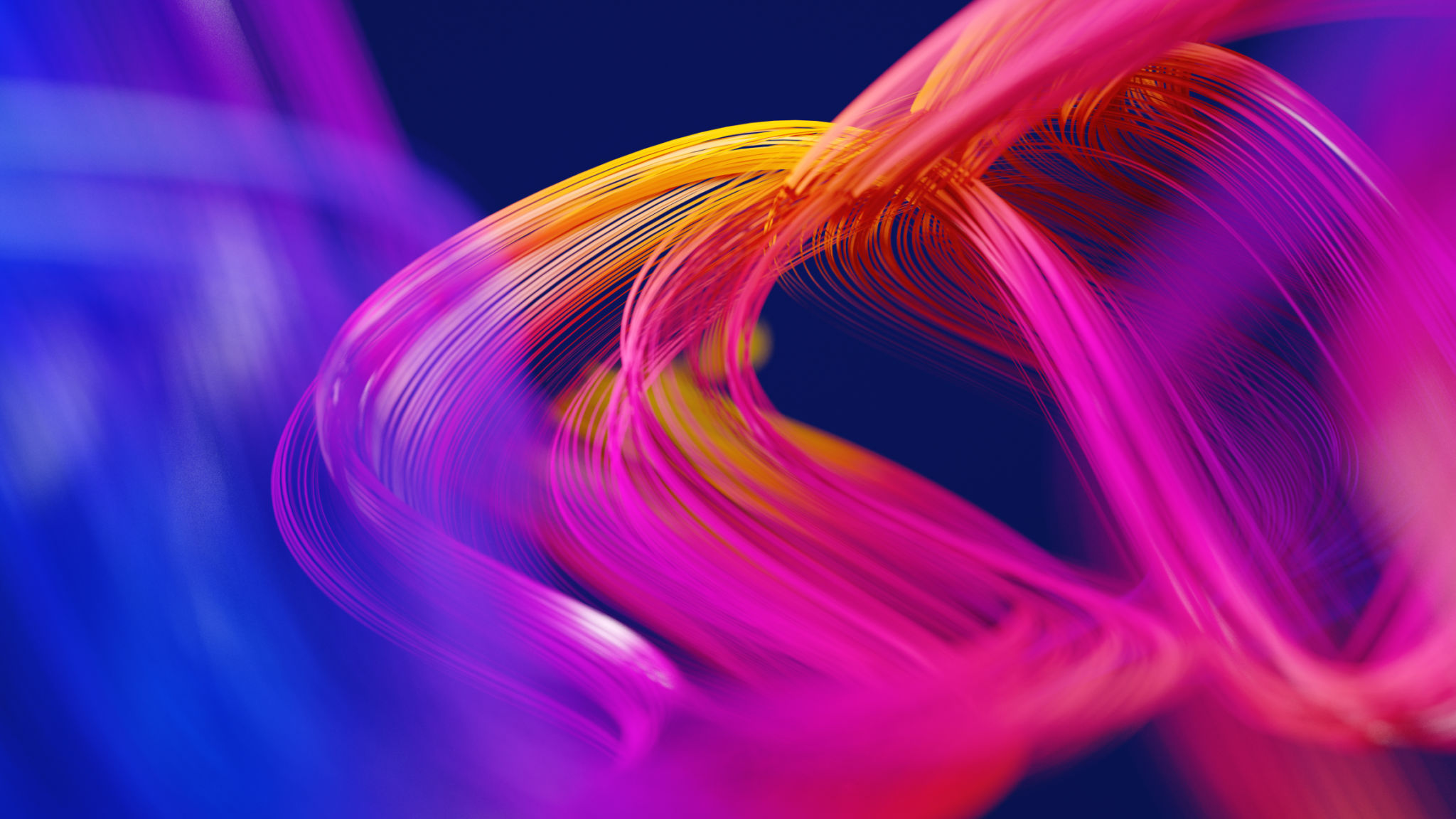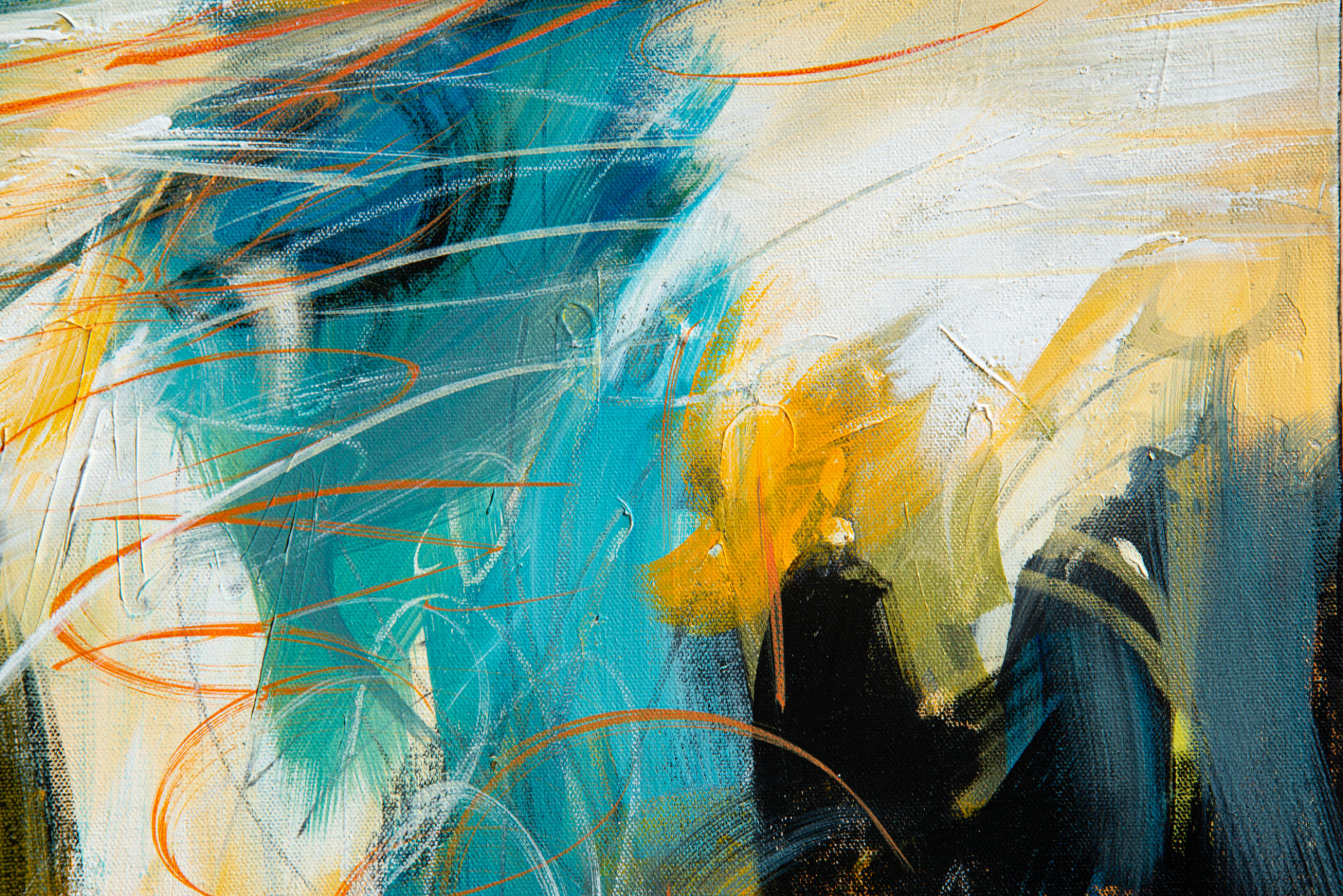A Beginner's Guide to Splatter Painting: Tips and Techniques
Introduction to Splatter Painting
Splatter painting is an exciting and dynamic art form that allows for creativity and spontaneity. This style of painting is characterized by flicking or throwing paint onto a canvas to create abstract patterns and textures. Splatter painting is not only fun but also a great way for beginners to explore their artistic abilities without the pressure of precision.
In this guide, we'll explore some beginner-friendly tips and techniques to help you get started with splatter painting. Whether you're looking to create a masterpiece or simply enjoy a relaxing afternoon, splatter painting offers endless possibilities.

Essential Materials for Splatter Painting
Before diving into splatter painting, it's important to gather the necessary materials. Here's a list to get you started:
- Canvas or Paper: Choose a sturdy surface that can withstand multiple layers of paint.
- Acrylic Paints: These are ideal due to their quick-drying properties and vibrant colors.
- Brushes: Use different sizes for varied effects.
- Protective Gear: Wear old clothes and cover your workspace to prevent unwanted splatter.
Having the right materials on hand will make your splatter painting experience more enjoyable and productive.
Choosing the Right Colors
The choice of colors can significantly impact the mood and theme of your painting. For beginners, it's advisable to start with a limited color palette. This helps in maintaining harmony between the colors and makes the painting process more manageable.

Basic Techniques for Splatter Painting
Mastering some basic techniques can enhance your splatter painting skills. Here are a few methods to try:
Flicking Technique
The flicking technique involves loading a brush with paint and using your wrist to flick it onto the canvas. This method produces fine splatters and is great for creating texture. Experiment with different brush sizes and flicking speeds to achieve a variety of effects.
Drip Technique
The drip technique involves holding the brush above the canvas and allowing the paint to drip naturally. This method creates organic shapes and lines. Tilting the canvas can further manipulate the direction and flow of the drips, adding depth to your artwork.

Experimenting with Tools
While brushes are commonly used in splatter painting, experimenting with other tools can produce unique effects. Consider using items like toothbrushes, spoons, or even your hands to apply paint. Each tool offers a different texture and pattern, allowing for endless creativity.
Don't be afraid to think outside the box and combine various tools in one artwork. The key is to enjoy the process and explore what works best for you.
Final Thoughts
Splatter painting is a liberating art form that encourages self-expression and experimentation. By following these tips and techniques, beginners can create stunning artwork while developing their skills. Remember, there are no rules in splatter painting—just have fun and let your creativity flow!

